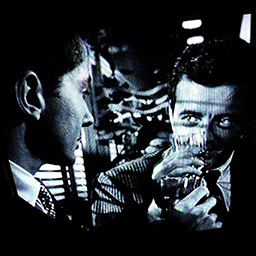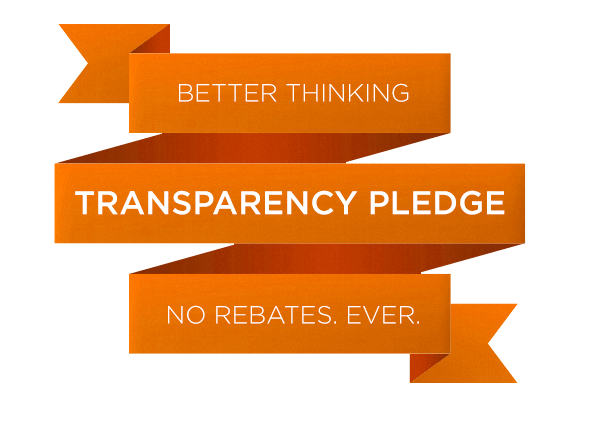Published on
The 7 Levels of Loyalty Programs

One of the great ironies of marketing is that while organizations worry continually about customer loyalty, economists provide scant help in thinking through the levers of a loyalty program. The presumption of economic theory is that people conduct transactions rationally to maximum perceived value (profit) and minimize perceived pain (loss). So most marketers try to build loyalty by giving what they think is economic value (say, coupons or points programs) or using subscription agreements that maximize the pain of leaving.
But people aren’t purely rational. “Loyalty” goes far, far beyond the silly points programs or contractual switching costs that most marketers deploy. To understand the real levers, first consider that loyalty has two fundamental psychological levers: rationality and perceived fairness…

